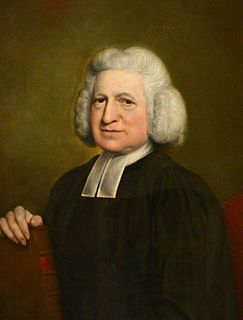A Quote by William Wordsworth
We Poets in our youth begin in gladness; But thereof come in the end despondency and madness.
Quote Topics
Related Quotes
I thought of Chatterton, the marvellous boy, The sleepless soul that perished in his pride; Of him who walked in glory and in joy, Following his plough, along the mountain-side. By our own spirits we are deified; We Poets in our youth begin in gladness, But thereof come in the end despondency and madness.
What do you know about yourself? What are your stories? The ones you tell yourself, and the ones told by others. All of us begin somewhere. Though I suppose the truth is that we begin more than once; we begin many times. Over and over, we start our own tales, compose our own stories, whether our lives are short or long. Until at last all our beginnings come down to just one end, and the tale of who we are is done.
Thus it is that our faith and trust in our Heavenly Father, so far as this mortal experience is concerned, consists not simply of faith and gladness that He exists, but is also a faith and trust that, if we are humble, He will tutor us, aiding our acquisition of needed attributes and experiences while we are in mortality. We trust not only the Designer but also His design of life itself, including our portion thereof!
Poets claim that we recapture for a moment the self that we were long ago when we enter some house or garden in which we used to live in our youth. But these are most hazardous pilgrimages, which end as often in disappointment as in success. It is in ourselves that we should rather seek to find those fixed places, contemporaneous with different years.
After all, poets shouldn't be their own interpreters and shouldn't carefully dissect their poems into everyday prose; that would mean the end of being poets. Poets send their creations into the world, it is up to the reader, the aesthetician, and the critic to determine what they wanted to say with their creations.





































